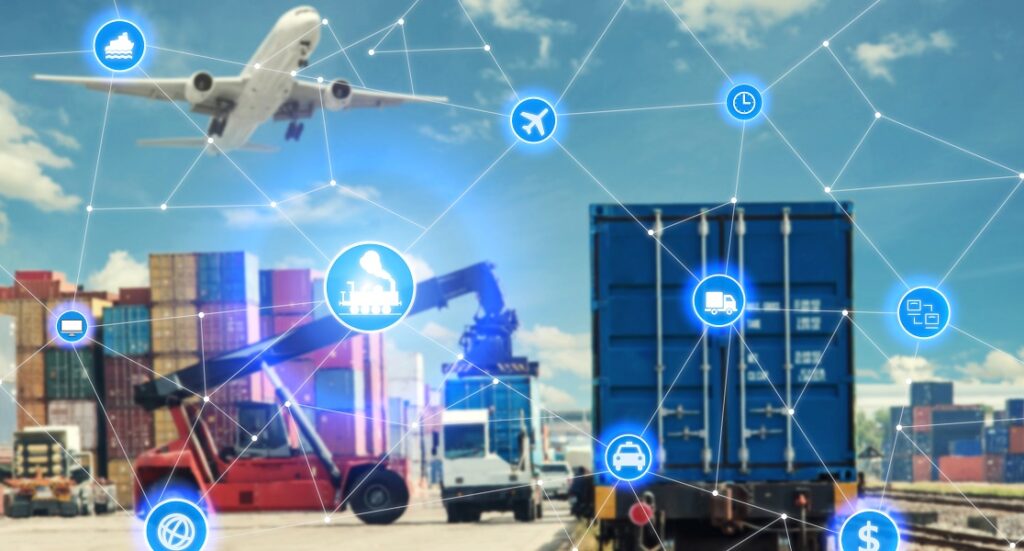OPINION: How the aviation industry can harness the benefits of blockchain technology


Mesbah Sabur, founder of circular economy startup Circularise, describes the benefits of analyzing flight conditions with blockchain technology, ways blockchain can reduce waste and emissions in aviation, and how traceability in aviation can support more sustainable practices. (Photo: IFS Labs)
It is estimated that the aviation blockchain market will grow around 22% between 2019 and 2025. There is growing interest from the aviation industry in blockchain technology to enable operational traceability and transparency, reduce supply chain complexity, digitize business processes and improve passenger experience and communication. Blockchain and traceability can support the aviation industry at all stages of the supply chain to enable more sustainable practices.
By tracking the complex upstream supply chain, industry can gain more detailed insight into the procurement and composition of materials and components, certified amounts of recycled content in parts or bio-based content in sustainable jet fuel, and the environmental impacts of each step of the manufacturing process. This enables all members of the supply chain – from raw material suppliers to parts manufacturers to OEMs and airlines – to make more sustainable design decisions for exterior and interior aircraft cabin components to reduce waste and emissions. As a result, the industry will be able to optimize its supply chain, reduce complexity and risk in the production process.
Blockchain traceability can also support maintenance, repair and operations (MRO) activities in the aviation industry. It creates a record of the composition and source of upstream parts and components in the form of digital product passports, and can include items such as disassembly manuals or instructions. As a result, companies can extend product life and track the second or third life of parts and components, enabling more circular business models in the future.
Also, tracking the supply chain using blockchain allows companies in the aviation industry to better communicate their activities to the consumer. For example, airline passengers can scan QR codes in their seats and other parts of the cabin to see how the aviation industry is incorporating sustainability into its operations. This can enable all parties in the aviation industry to engage passengers and raise awareness of how the industry contributes to positive environmental impact.
Mesbah Sabur is the founder of Circularise, a circular economy startup.























